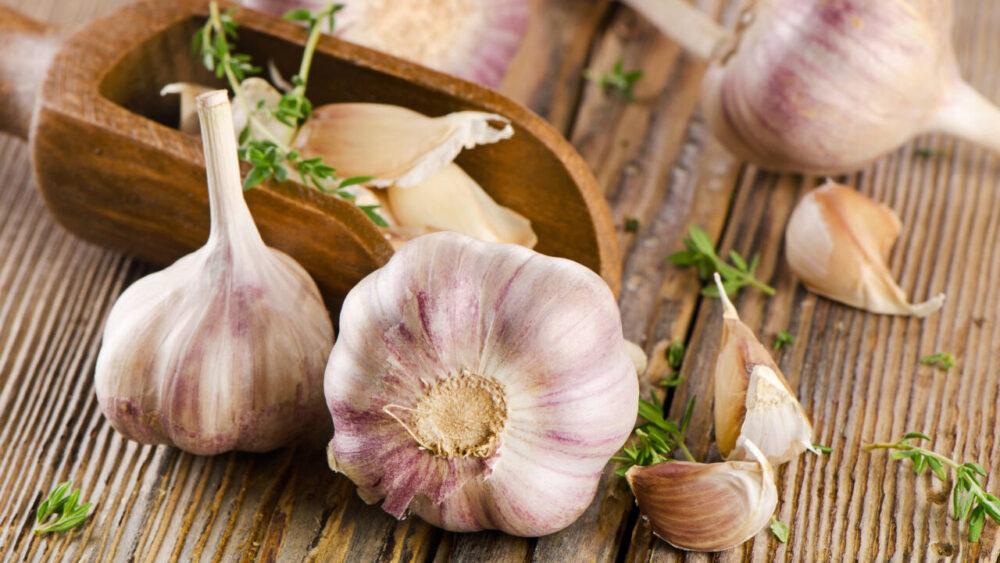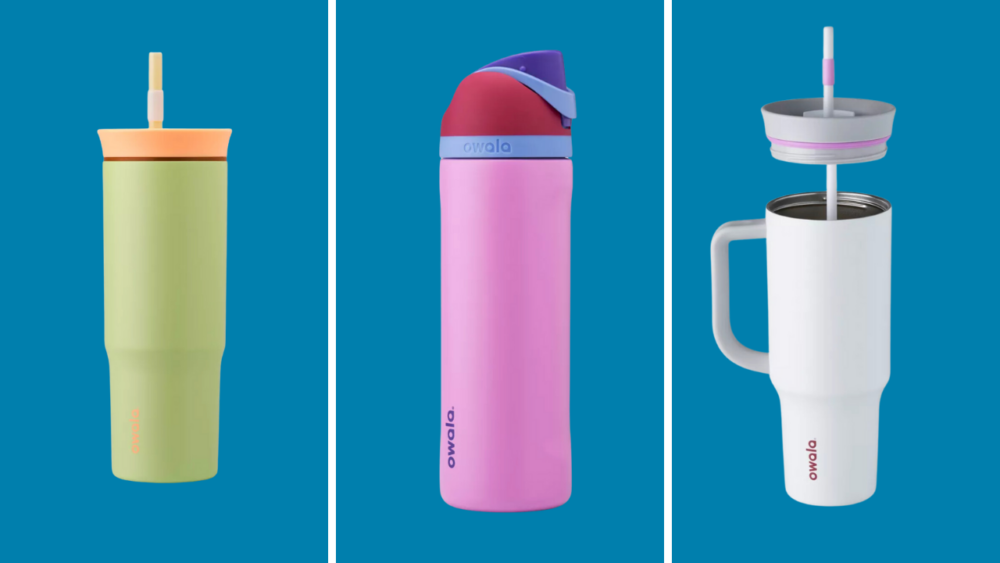What’s really in your La Croix? Lawsuit claims one ingredient is used in cockroach insecticide

Lots of people have kicked their soda habit in favor of sparkling flavored water, which they see as a healthier alternative. Most of these drinks have no calories or sugar, and claim to be made from “all-natural ingredients.” Understandably, they seem like better choices than diet soda or syrup-filled coffee drinks.
However, a new lawsuit facing popular sparkling water brand LaCroix has devotees questioning whether their beloved beverage is as healthy as they had assumed.
The drink’s parent company, National Beverage Corp., is facing a class-action lawsuit filed by plaintiff Lenora Rice. The suit accuses the company of misleading consumers about the beverage’s ingredients. Despite the company’s claims that LaCroix is “all natural” and “naturally essenced,” the lawsuit states that it contains a number of synthetic ingredients.
The ingredients cited are linalool, which the suit claims is used in cockroach insecticide, as well as limonene, which it alleges causes kidney toxicity and tumors, and linalool propionate, which it claims is used in cancer treatment.
The Meaning Of ‘Natural’
While it’s true that the ingredients named in the lawsuit can be synthetically made (or man-made), each one also occurs naturally in foods. It’s unclear whether the synthetic versions are the ones National Beverage Corp. uses in its drinks.
Experts say LaCroix is likely not violating any rules by calling its product “natural,” as the Food and Drug Administration has no agreed-upon definition of “natural.”
“The FDA has not engaged in rule-making to establish a formal definition for the term ‘natural,’” a spokesperson for the FDA told NBC’s “Today” show. “[B]ut we expect the term ‘natural’ to mean that nothing artificial or synthetic (including all color additives regardless of source) has been included in, or has been added to, a food that would not normally be expected to be in that food.”
Insofar as the FDA does have a definition of what “natural” means, the ingredients cited in the lawsuit appear to pass muster: Although the specific ingredients can be man-made from chemical compounds, they are naturally occurring in the foods they are made to represent in LaCroix beverages.
Additionally, LaCroix noted on its website:
“The flavors are derived from the natural essence oils extracted from the named fruit in each of our LaCroix flavors. There are no sugars or artificial ingredients contained in, nor added to, these extracted flavors.”
In this context, it would seem that “artificial” refers to ingredients that are not found in nature.
https://www.instagram.com/p/Bokf1BVBlnB/?hl=en&taken-by=lacroixwater
Implications For Your Health
While what can be considered “natural” may still be up for debate, most consumers are worried about how these allegations could affect them and their health. So, should you switch to plain old water?
Although the chemicals in the LaCroix lawsuit might sound scary, one expert was skeptical about the health risks posed by them, especially considering how widespread their uses are in other foods.
“It is very unlikely these naturally-occurring substances pose a health risk when consumed at levels usually found in foods,” Roger Clemens, an expert in food and regulatory science at the University of Southern California, told Popular Science. “If there were a health risk, then citrus juices and spices, such as curry, would not be consumed or be part of the commodity market.”
Popular Science called the lawsuit a “stretch” and suggested it is working off of “chemophobic ideas” — that is, a fear of chemicals, even naturally-occurring ones.
The chemical limonene, for example, is found in the peels of citrus fruits and is often used as a flavoring or in cleaning products. As a cosmetic ingredient or scent, The Environmental Working Group’s Skin Deep database found it to be of low concern.
According to WebMD, limonene does have interactions with kidney medication but it recommended consumers discuss it with a healthcare provider. WebMD also stated there is insufficient evidence that one form of limonene has an effect on the growth rate of tumors and requires more research.
Another ingredient mentioned in the lawsuit was linalool, which WebMD called a naturally-occurring compound in lavender, basil and some citruses. Linolool is used as an ingredient in insecticides, as alleged in the LaCroix lawsuit, but also for floral fragrances and bath products. The Skin Deep database also found linalool to be of low concern.
Lastly, the third ingredient, linalool propionate (also known as linalyl propionate) is found in ginger, lavender and sage oils. It is also used for scents and flavoring.
LaCroix Responds
For its part, National Beverage Corp. issued a statement regarding the lawsuit and “categorically denied” its allegations.
While it’s yet to be determined what legal consequences, if any, the lawsuit will bring to the company, it may change consumers’ perception of the product.
“It may be forced to change its labeling,” legal expert Areva Martin told “Good Morning America.” However, she noted that would only happen if the “claims are substantiated.”
She continued, “We know the company prides itself on providing a natural and organic water, so if they have to change that labeling, that can change their entire marketing strategy.”
What do you think of the class-action lawsuit against LaCroix? Does it make you think twice about drinking their products?





